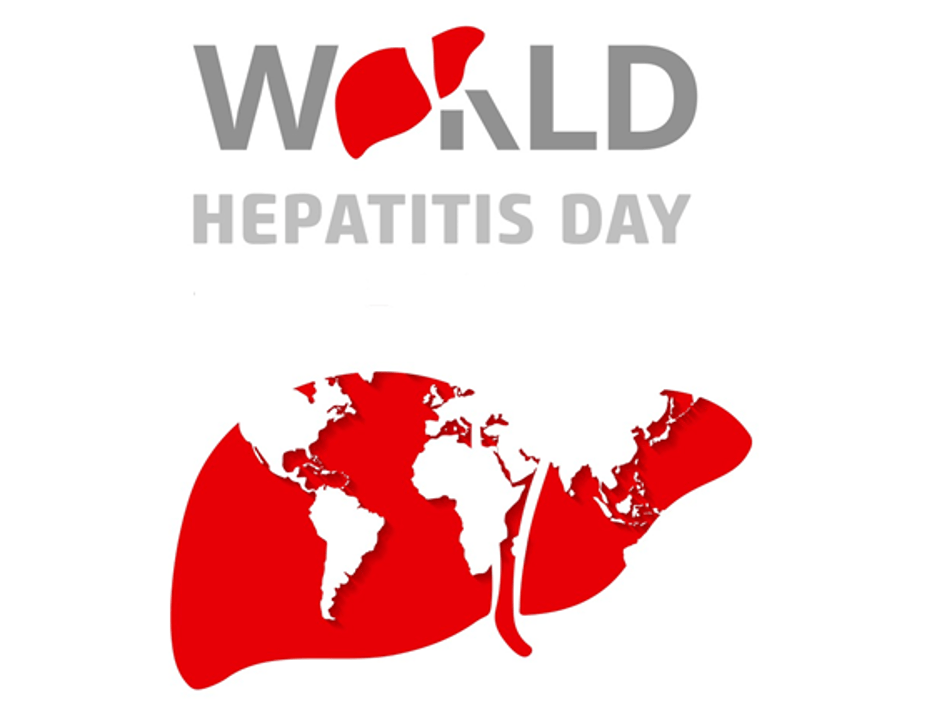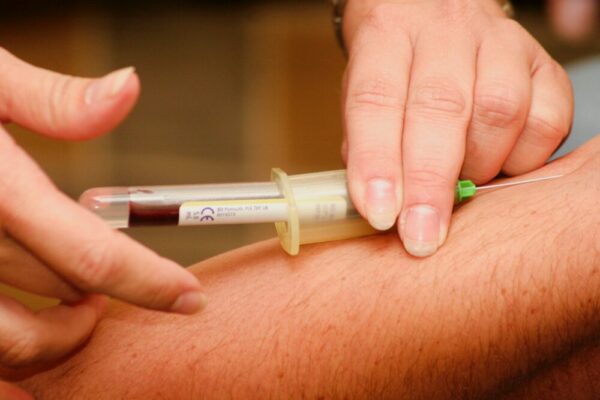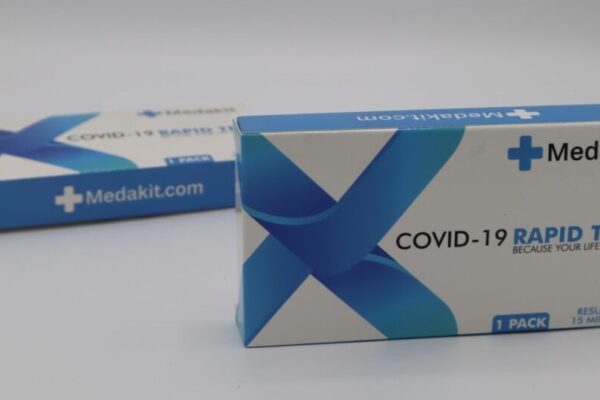When someone says, “Your Metabolism works faster than mine”, they mean the capacity of your liver to clean your body faster than theirs. Your Liver is the biggest and the densest organ in a human body with the major portions of duty to fulfil. A half-moon shaped organ which is slightly straight from the bottom where its position is on the right upper side of the stomach with a slight tilt. When doctors are emphasizing on increasing your immunity during these times of Pandemic, they are focusing more on liver as an organ which helps in fighting disease only when it is stronger and has a better immunity for better functioning of the body.
Today, on World Hepatitis Day it is important that people are more aware about what actually Hepatitis is and how it can affect a major organ of the human body with its slow and steady rate of increasing the virus inside the body. It is essential to know that Hepatitis majorly affects the Liver and can soon become the cause of death. We are enormously ignorant about what hepatitis is until we catch the disease and it becomes the reason for eternal suffering for us. Experts state that when an individual catches the disease, they are more likely to recover from it and get better sooner than later, but when one is born with this chronic illness the chances are one must suffer from the same for a longer period of time.
Hepatitis has many subcategories which include, Hepatitis A (HAV), Hepatitis B (HBV), Hepatitis C (HCV), Fatty Liver Disease (Hepatic Steatosis), Autoimmune Hepatitis and many more. But let’s focus on the less talked about category which is Hepatitis C.
What is Hepatitis C?
Hepatitis C is a condition where the hepatitis C virus affects the liver causing inflammation and infection in the liver and leads to serious damage. The disease is likely to be spread by another affected person’s body fluids or blood if somehow transmitted into another individual’s body. There is still no vaccination as of now to prevent this disease from taking place inside the body unlike other categories of Hepatitis which has their individual vaccination fighting against the virus to enter and effect the immunity system.
Types or Stages of Hep C
Hepatitis C virus progresses from one phase to the next and depending on the seriousness of infection and the damage it is causing. Below are certain stages or types that could describe the severity of the disease:
- Incubation Period
This is the period when a person is for the first time exposed to the illness and it generally lasts from14-80 days but mainly it is somewhere between those two; which is 45 days. After which it might get cured and the liver starts to recover on it own from certain medications or treatment.
- Acute Hep C
This type of Hepatitis leads to an illness for as long as 6-month duration of time. If the patient has this type will automatically recover as his bodies will generate anti bodies to fight off the virus and be cured after 6 months.
- Chronic Hep C
Chronic means a disease which stays in the body for eternal period of time and becomes a life-threatening infection. The period of 6 months is the one where a person might recover from Hepatitis C, but if the disease persists longer than that it seems to point towards Chronic illness which later transforms into Liver Cirrhosis or Liver Cancer.
- Liver Cirrhosis
This is the period where healthy liver cells transform into scar tissue and this generally is due to a prolong existence of Hep C virus inside the body damaging the liver and causing inflammation of it. The whole process takes about 30 years of time to develop and is mainly seen in people who consume a lot of alcohol.
- Liver Cancer
The final stage or type would be the development of cancer just after reaching the stage of Cirrhosis. Since the early stages are less likely to show any kind of symptoms so your doctor might ask for your checkup on regular basis in order to study the progress of the disease.
How one could catch the disease?
Since it is an illness which could only be contracted when there is a transmission of blood or body fluids from one infected person to another healthy person, chances are less that it happens more often but you might catch it if:
- Shared an infected injection or any other drug
- During Pregnancy- An infected mother passes it to her child
- Having sexual intercourse with an infected person
- Sharing of any personal item like Toothbrushes.
It’s crucial to analyze that discriminating against such an infected person is wrong and discrimination means:
- Holding Hands
- Eating with an infected person
- Sitting close to them
- Hugging or Kissing
You won’t catch the virus if you do these because there is no transmission of blood in these circumstances.
Symptoms of the Illness
Symptoms of Hepatitis C include experiencing:
- Fever
- Light-Colored Motion
- Jaundice (Yellow discoloration)
- Abdominal Pain
- Dark Urine
- Itchy Skin
- Bleeding very easily
- Reaching to the stage of Alzheimer’s (Liver Cirrhosis)
- Spiderlike patches on the skin caused by the blood vessels
- Swollen feet
Treatments & Diagnosis
Liver Function tests and blood tests are likely to be called for by the doctor and later, it might include imaging tests like CT Scan, Endoscopy, MRIs in order to know the extent of the damage. There are several medications available which could only be prescribed by a professional after the amount of destruction is clear to him/her. But that only is applicable to Chronic Hepatitis C because Acute Hep C is more likely to be recovered by our body itself while it makes antibodies to fight the virus.
Super Foods to consume to help the body fight the virus
Your diet and eating habits can contribute to managing your symptoms and aid the body to fight against the virus.
Foods To Consume
- Fibre- Beans, nuts, berries, Citrus Fruits, Pears, Broccoli, Avocado, Papaya
- Vitamin A- Tuna Fish, Salmon Fish, Cod Liver oil, Mango, Tomato, Dried Apricots
- Vitamin B12- Yoghurt, Buttermilk, Pork, Cheese
- Protein- Fish, Chicken without Skin, Soy products, Seafood, eggs without yolk.
Foods To Avoid
- Too much Salty Foods
- Fatty foods especially sugar
- Alcohol Consumption
- Prawns or Oysters




